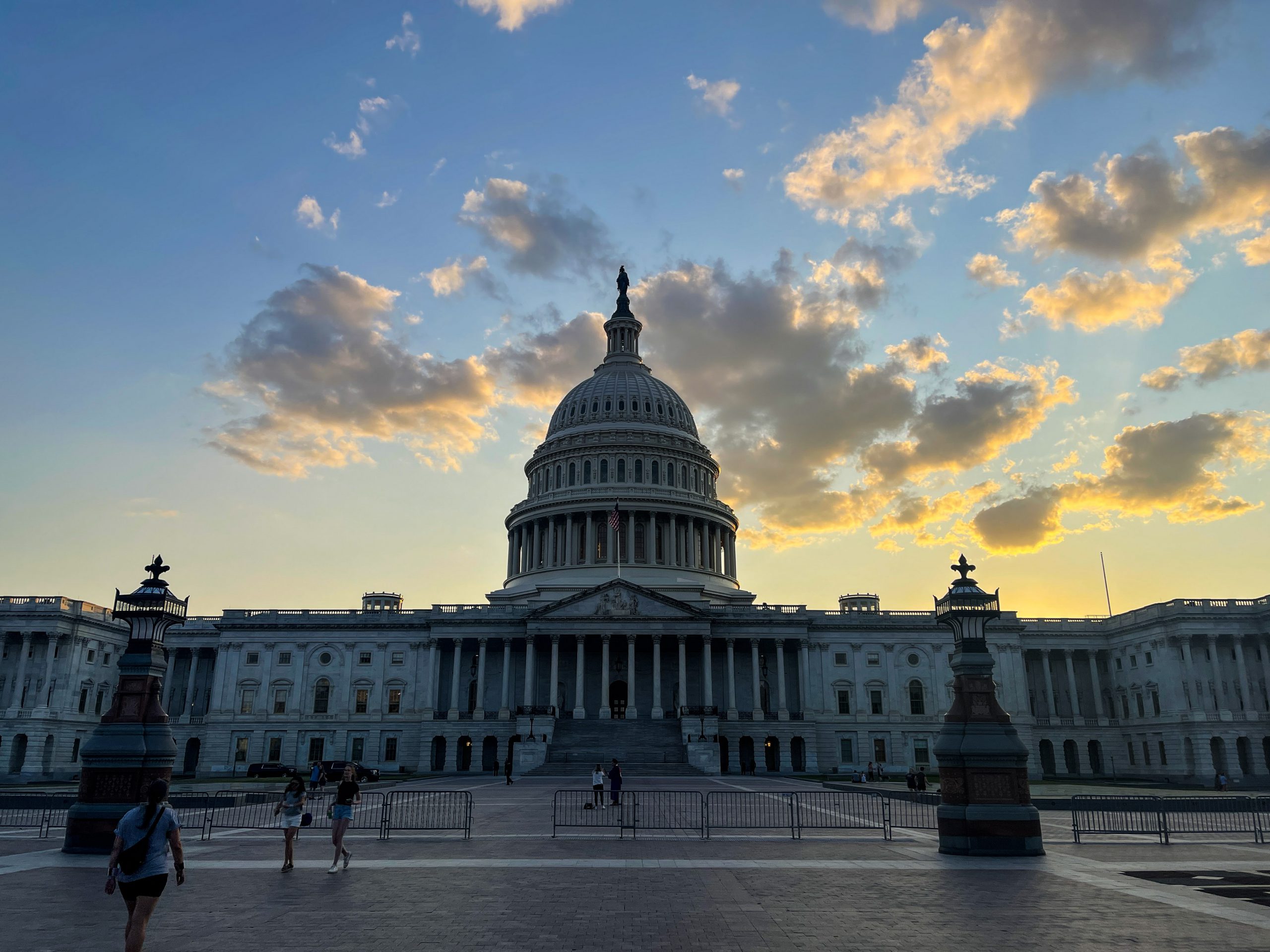Indianz.Com > News > Gaylord News: Funding bill passes without additional support for tribal justice systems
House rejects extra funding to help tribal courts after McGirt ruling
Monday, August 2, 2021
Gaylord News
WASHINGTON – The House last week rejected a proposal that would have added $154 million to the Bureau of Indian Affairs budget to help tribal courts cope with an influx of cases after a 2020 Supreme Court ruling that expanded tribal jurisdiction.
The extra funding was proposed by Rep. Tom Cole, R-Oklahoma, as an amendment to an appropriations bill that included fiscal 2022 funding for the departments of Interior, Labor, Agriculture, Health and Human Services and more. Cole’s proposal would have offset the increased funding for BIA with cuts to environmental programs.
That amendment, one of more than 200 proposed for the appropriations bill, was rejected Tuesday in a group with 40 other amendments offered by Republicans – an outcome Cole had predicted in the Democrat-controlled House.
“We may or may not prevail, but it’s really important that the discussion continues,” Cole said before Tuesday’s vote. The overall appropriations bill passed 219-208 Thursday on a straight party-line vote.

Note: This story originally appeared on Cronkite News. It is published via a Creative Commons license. Cronkite News is produced by the Walter Cronkite School of Journalism and Mass Communication at Arizona State University.
Search
Filed Under
Tags
More Headlines
Cronkite News: Gathering addresses ‘epidemic’ among Native people
VIDEO: Cody Desautel on tribes and federal forest management
AUDIO: Legislative Hearing on Discussion Draft of Forest Management Bill
Native America Calling: Remembering the 1974 Navajo border town murders
Native America Calling: Can the right approach close the Native immunization gap?
Cronkite News: Long COVID cases remain high in Arizona
Native America Calling: Eyes in the sky for development, public safety, and recreation
Native America Calling: Three new films offer diverse views of Native life
NAFOA: 5 Things You Need to Know this Week
Chuck Hoskin: Cherokee Nation works toward cure for arthritis
Native America Calling: Protecting young people from the down sides of social media
Cronkite News: Fake ‘shaman’ among candidates failing to make Congressional ballot
Native America Calling: New Native voices in poetry
Cronkite News: Tribes air concerns about border at hearing in nation’s capital
Native America Calling: Indiginerds descend on Oklahoma City
More Headlines
VIDEO: Cody Desautel on tribes and federal forest management
AUDIO: Legislative Hearing on Discussion Draft of Forest Management Bill
Native America Calling: Remembering the 1974 Navajo border town murders
Native America Calling: Can the right approach close the Native immunization gap?
Cronkite News: Long COVID cases remain high in Arizona
Native America Calling: Eyes in the sky for development, public safety, and recreation
Native America Calling: Three new films offer diverse views of Native life
NAFOA: 5 Things You Need to Know this Week
Chuck Hoskin: Cherokee Nation works toward cure for arthritis
Native America Calling: Protecting young people from the down sides of social media
Cronkite News: Fake ‘shaman’ among candidates failing to make Congressional ballot
Native America Calling: New Native voices in poetry
Cronkite News: Tribes air concerns about border at hearing in nation’s capital
Native America Calling: Indiginerds descend on Oklahoma City
More Headlines